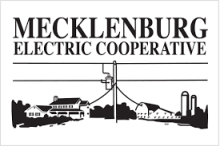NoaNet Helps Ellensburg With Pilot Problems
Ellensburg, Washington, decided to pursue a fiber optic pilot project to serve local businesses almost a year ago, but they’ve encountered some bumps along the way. After revising the original plan and working with the state’s nonprofit Northwest Open Access Network (NoaNet), it looks like they’ll be moving forward.
The Logical Progression
Back in 2013, Ellensburg realized that they could save significantly by ending service from Charter Communications and investing in a publicly owned institutional network (I-Net) to bring connectivity to municipal facilities. The positive results from the investment inspired them to take the next step and look into expanding their investment to infrastructure for businesses and residents. Early this year, they decided to start with a pilot program that would build off their I-Net to bring 30 businesses fiber connectivity, including a few home-based businesses and telecommuters.
Financial Slow Downs
The city received a grant from the Distressed County Sales and Use Tax Infrastructure Improvement Program to fund the project; the City Council dedicated the $169,560 grant to the project.
When they asked for bids from three contractors that are listed on their small works roster, none were interested. Next, they chose a firm to negotiate with but the first quote of $415,000 was well above their budget. Even after negotiating the price down to $315,000, the City Council was hard pressed on their next move.
In October, the city’s Utility Advisory Committee recommended they consider reducing the area to be served in the pilot project to reduce the cost of the deployment. They chose to let the bid expire.
The NoaNet Connection



